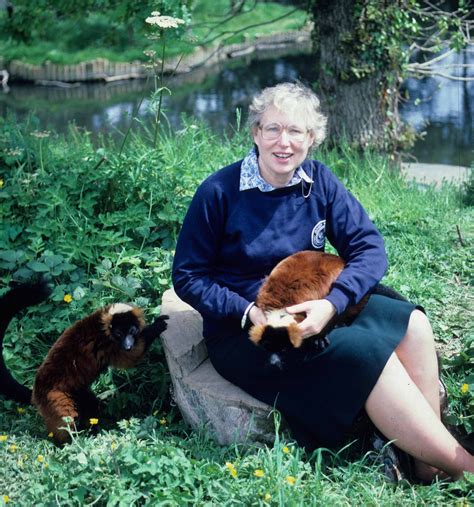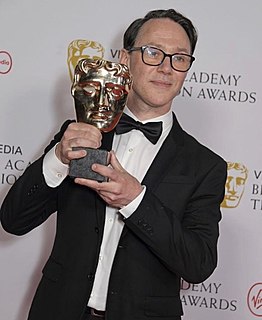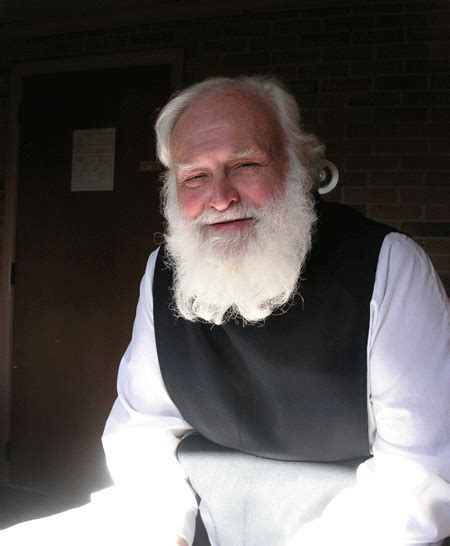A Quote by Evelyn Waugh
To see Stephen Spender fumbling with our rich and delicate language is to experience all the horror of seeing a Sevres vase in the hands of a chimpanzee.
Related Quotes
Whenever I would see horror movies I would be traumatized and I'd have to watch them behind my hands or behind the couch sometimes. So I grew up first with authors like John Bellairs and R.L. Stine for kind of the young adult horror. But I found Stephen King in the sixth grade and that was it. I became a rabid fan.
I grew up on all sorts of horror - Hammer Horror and Vincent Price's 'Theatre Of Blood.' I loved the hidden, scary layers, but there wasn't that much around for youngsters in terms of horror books. I can remember reading Stephen King's 'Salem's Lot' and 'Cujo,' but I thought there should be more for teenaged horror fans.
Or, to express this in another way, suggested to me by Professor Suzuki, in connection with seeing into our own nature, poetry is the something that we see, but the seeing and the something are one; without the seeing there is no something, no something, no seeing. There is neither discovery nor creation: only the perfect, indivisible experience.
Audiences are very sophisticated and they know the nuts and bolts of the genre - certainly with horror more than others I think. But they attract lots of people, they're much derided as a genre but people go and see them and they're not all dumb. There's some very clever horror films. Stephen King gets a lot of flack for not being a proper writer because he's a horror writer, but I think he writes some brilliant books. I think it's wrong to just bin it before looking at it.
Brian Turner writes as only a soldier can, of terror and compassion, hurt and horror, sympathy and desire. He takes us into the truth and trauma of the Iraq war in language that is precise, delicate and beautiful, even as it tells of a suicide bomber, a skull shattered by a bullet, a blade in a bloodgroove.
Unfortunately, in seeing ourselves as we truly are, not all that we see is beautiful and attractive. This is undoubtedly part of the reason we flee silence. We do not want to be confronted with our hypocrisy, our phoniness. We see how false and fragile is the false self we project. We have to go through this painful experience to come to our true self.



































